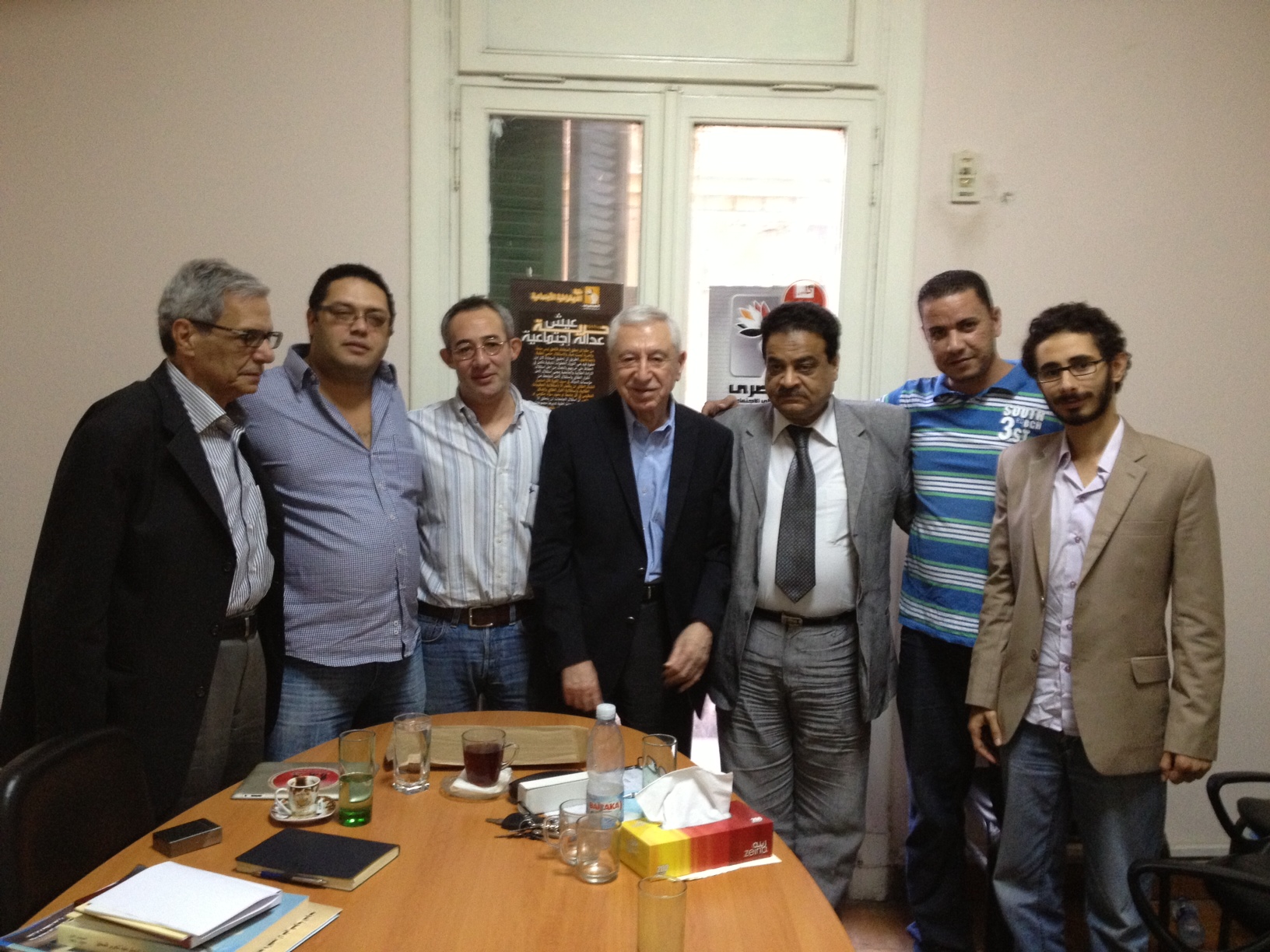Egypt’s President Abdel Fattah Al-Sisi has acknowledged that the COVID-19 pandemic and other geopolitical shocks over the past three years have affected the country’s debt management plan.
Speaking at the Summit for New Global Financing Pact in Paris on June 22-23, 2023, Al-Sisi said that Egypt and other countries need their development partners to be understanding. He pointed out that Egypt believes green growth and sustainable development can be pursued simultaneously without conflicting with one another.
In addition, the Egyptian President proposed reforming the global financial infrastructure to encourage sustainable development financing. This includes reallocating the International Monetary Fund’s (IMF) special drawing rights and suspending or canceling the fund’s additional fees during times of crisis. He also recommended more debt swaps.
Al-Sisi’s comments were made during a High-Level Round Table discussion themed “new methods: green growth partnership.” The roundtable was moderated by France’s Minister for Europe and Foreign Affairs, Catherine Colonna, and included the leaders of Congo, South Africa, and Colombia, as well as the President of the European Commission.
Al-Sisi emphasized that Egypt and other developing nations are financing economic development under new paradigms that aim to address the challenges of climate change and achieve green growth. “As developing nations, we are not responsible for causing climate change, but we are the ones most impacted by it,” said Al-Sisi.
The country had a growth rate of 6% prior to the pandemic and the Russian-Ukrainian conflict. In 2016, Egypt launched an economic reform program to address economic difficulties and achieved significant success, according to Al-Sisi.
The President explained that Egypt’s growth strategy is centered on creating job opportunities and a decent standard of living through an equitable transformation of production patterns. Moreover, Al-Sisi emphasized the importance of implementing fair financing practices as the core element of sustainable development.
French President Emmanuel Macron initiated the summit in Paris on June 22-23, 2023, with over 300 high-level participants, including Heads of State and Government, representatives of international organizations, civil society, and private sector. The goal of the summit is to establish a renewed financial system that can tackle the challenges of the 21st century, such as reducing inequalities, addressing climate change, and protecting biodiversity.
The summit was attended by world leaders such as UN Secretary General Antonio Guterres, IMF chief Kristalina Georgieva, and Saudi Arabia’s Crown Prince Mohammed bin Salman.
French President Macron called for a new global financial order that would allow states to tackle both poverty and climate change without having to choose between the two. Macron proposed a shake-up of the World Bank, International Monetary Fund, and multilateral lenders as the outcome of the two-day meeting.
At the same event, Kristalina Georgieva, the head of the IMF, announced that rich countries had met their target of reallocating $100bn of funds from the institution to battle climate change and poverty in developing countries. This move closed a 40% funding gap.
The World Bank also announced its own package, which included a pause in debt repayments to the lender for countries hit by crises, such as devastating floods caused by climate change.
In conclusion, Egypt is facing significant challenges in managing its debt and financing economic development. However, the country is committed to pursuing green growth and sustainable development, and it is calling for reforms to the global financial system to support these efforts.




